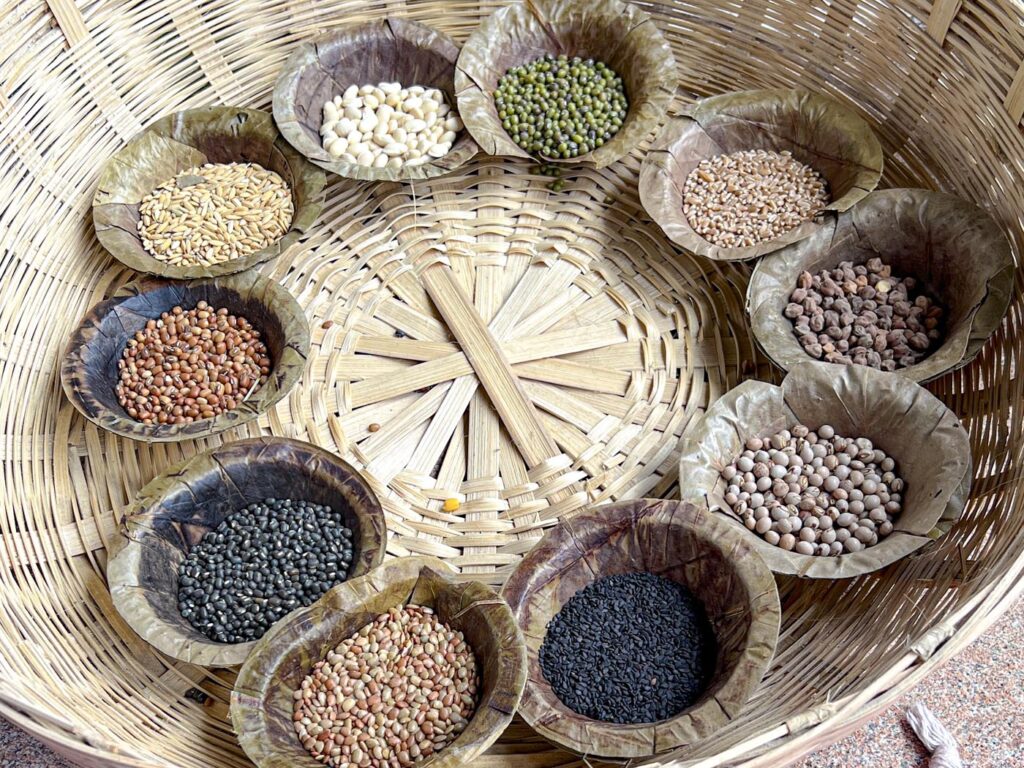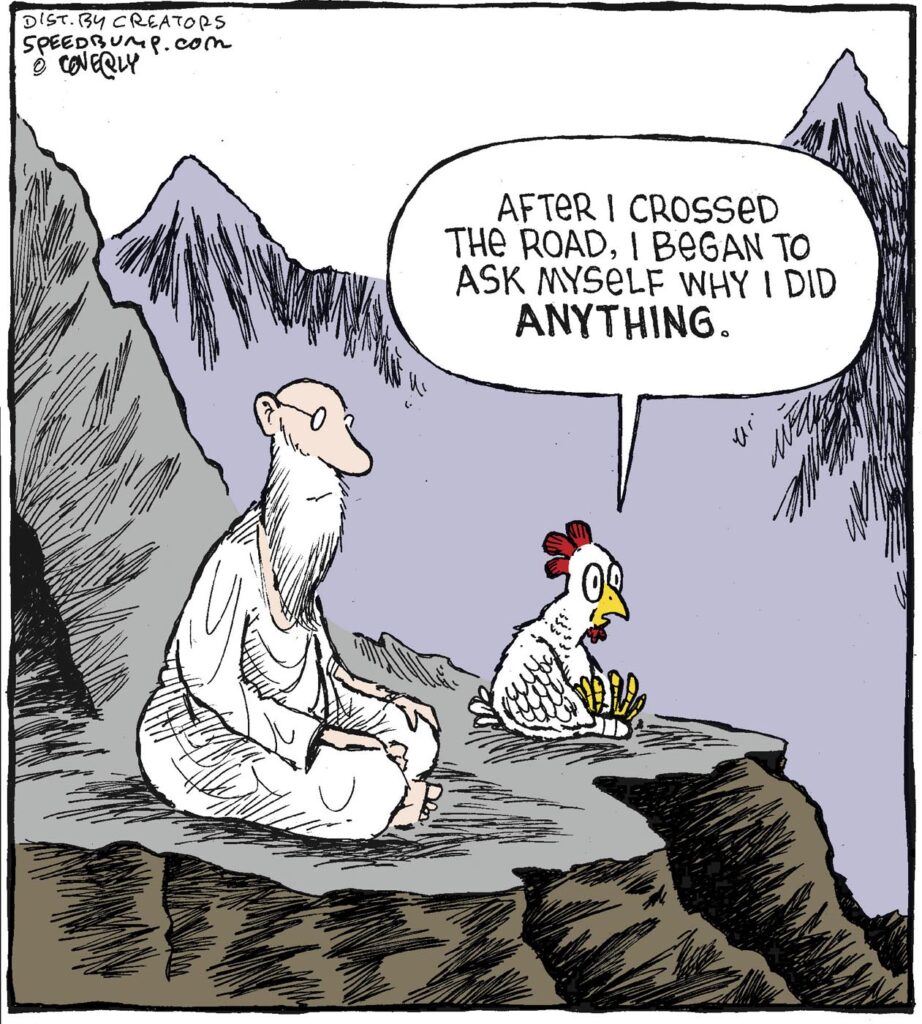Truth alone triumphs; not falsehood.
Mundaka Upanishad 3.1.6
The great secret of true success, of true happiness, is this: the man or woman who asks for no return, the perfectly unselfish person, is the most successful.
Swami Vivekananda (1863–1902). Hindu monk and philosopher
A narrow vision is divisive, a broad vision expansive. But a divine vision is all-inclusive.
Swami Tejomayananda
You are essentially, “sat, chit, ananda” or existence, knowledge, bliss absolute. That is our essential nature.
Swami Nikhilananda Saraswati
Spiritual life is not a matter of theories; it is a matter of practice.
Swami Ashokananda (1893–1969), monk of the Ramakrishna Order
Life is the manifestation of consciousness in the gross body, and the purpose of life is to realize this consciousness.
Swamini Vimalananda (1836-1886)
The prayer of a pure heart never goes in vain!
Dada J.P. Vaswani (1918–2018), spiritual leader and humanitarian
Trust thyself: every heart vibrates to that iron string.
Ralph Waldo Emerson (1803–1882), American essayist and philosopher
Keep a constant awareness and a conscious effort to say good words, perform good actions, and to practice patience and compassion.
Mata Amritanandamayi Ma, Kerala-based hugging saint
What you are is God’s gift to you. What you become is your gift to God.
Hans Urs von Balthasar (1905–1988), Swiss theologian and mystic
Stop acting so small. You are the universe in ecstatic motion.
Rumi (1207-1273), Sufi mystic and poet
The best worship is to respect each and every living being and always keep their welfare in mind.
Swami Avdheshanand Giri, Acharya Mahamandaleshwar of Juna Akhara
If the doors of perception were cleansed, everything would appear to man as it is: infinite.
William Blake (1757–1827), English poet and mystic
Be kind whenever possible. It is always possible.
The Dalai Lama, spiritual leader of Tibetan Buddhism
In the beginner’s mind there are many possibilities, but in the expert’s there are few.
Shunryu Suzuki-roshi (1905–1971), Japanese Soto Zen master
Serve, love, give, purify, meditate, realize.
Swami Sivananda (1887–1963)
Imagination is more important than knowledge.
Albert Einstein(1879–1955), theoretical physicist
Your own Self-realization is the greatest service you can render the world.
Sri Ramana Maharshi (1879–1950)
Selfless service alone gives the needed strength and courage to awaken the sleeping humanity in one’s heart.
Swami Chinmayananda (1916–1993), founder of Chinmaya Mission
Silence is not an absence but a presence.
Swami Veda Bharati (1933–2015), Himalayan yoga scholar
The highest education is that which does not merely give us information but makes our life in harmony with all existence.
Rabindranath Tagore (1861–1941), Bengali poet and Nobel laureate
One of the qualifications to be born is the ability to make mistakes. If we don’t have that ability, we wouldn’t be born. There’s no point in being here if we won’t make mistakes. It will happen, we’ll feel bad about it, and then we’ll need to pull ourselves out of that.
Satguru Bodhinatha Veylanswami, publisher of Hinduism Today
We must live in the now to follow the path to enlightenment. In the lower realms of the mind, where time and space seem very real, we are worried about the past or concerned about the future. These two intermingle and limit conscious awareness.
Satguru Sivaya Subramuniyaswami (1927-2001), founder of Hinduism Today
Sacred Grains

Navadhanya, the offering of nine sacred grains, is a key part of Hindu ritual, especially in Navagraha homas and temple consecrations. These nine seeds are not chosen for agricultural value but for their traditional correspondence with the nine planetary forces—grahas—as outlined in Vedic and Agamic texts. Their offering is meant to acknowledge, harmonize with, and seek clarity regarding the karmic patterns they reflect.
In Hindu cosmology, the Navagrahas are not considered to cause events or influence free will. Rather, they are seen as indicators—cosmic instruments that reveal what already exists in our karmic field. Much like a clock does not create time but only shows it, the planets point to cycles, tendencies and turning points that are already seeded within us. Their patterns are visible in the macrocosm and mirrored within the microcosm of the individual.
Each grain in the Navadhanya set is matched with one graha and symbolizes a quality of consciousness or life-force to be brought into balance. Rice is offered for the Moon, evoking emotional steadiness and purity. Wheat corresponds to the Sun and represents vitality, confidence and right action. Green gram, for Mercury, supports clarity of speech and intellect. Chickpeas are linked to Jupiter, associated with spiritual growth and ethical expansion. Black sesame, used for Saturn, addresses endurance, karmic purification and grounded patience. Horse gram, offered to Mars, embodies courage, energy and the ability to act decisively. White beans are for Venus, promoting harmony in relationships and refinement in expression. Black gram, tied to Rahu, acknowledges the complexity of transformation, ambition and illusion. Mustard seeds, for Ketu, invoke spiritual detachment and insight into the unseen.
The scriptural basis for this system is found in the Atharva Veda, Graha Shanti rites and the South Indian Agamas, where detailed correspondences between grahas, mantras, metals, colors and food items are recorded. Each offering becomes a gesture of alignment with the natural order—a recognition that inner and outer worlds are not separate. The fire in which these grains are offered serves as the bridge between this and the inner worlds.
